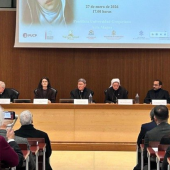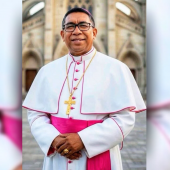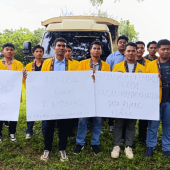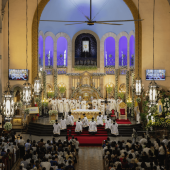Pope Leo XIV urges faithful to rise from spiritual paralysis
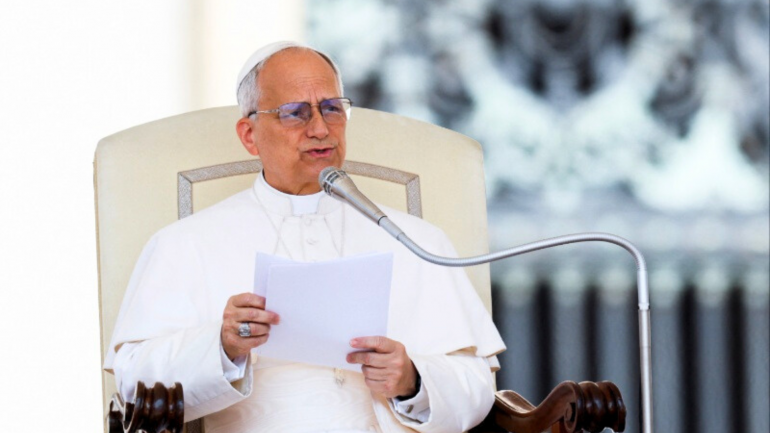
During his Wednesday's General Audience (June 18) in St. Peter’s Square, Pope Leo XIV delivered a powerful reflection on hope, healing, and spiritual renewal, centered on the Gospel account of the paralytic at the pool of Bethesda.
Continuing his catechesis on the Jubilee theme “Jesus Christ, Our Hope,” the pope invited the faithful to recognize moments in their lives when they feel spiritually “stuck” and warned against the danger of spiritual apathy and resignation.
Drawing from the Gospel of John, Leo recounted how Jesus chose to visit the pool of Bethesda—meaning “house of mercy”—where the sick gathered in the hope of healing. Instead of going straight to the temple, Jesus stopped where the most vulnerable were waiting.
“Bethesda is like an image of the Church,” the pope said, “a place where the sick and the poor gather, and where the Lord comes to bring healing and hope.”
Reflecting on the man who had been paralyzed for 38 years, the pope warned that disappointment can itself become a form of paralysis, a condition where people give up, blaming others and losing the will to seek healing or change. “Do you want to be healed?” is the question Jesus asks—and the question we must also face.
Leo explained that, like the paralytic, we often become passive and dependent, using our condition as an excuse to avoid making decisions. He challenged believers not to remain in that state, saying that faith requires us to take responsibility and trust in Jesus’ healing power.
The pope then recalled teachings from St. Augustine, noting that what the paralytic man needed was not just someone to help him, but a man who was also God.
In conclusion, Leo encouraged all present to ask God for the grace to identify the areas in their lives where they feel trapped and to find the courage to voice their desire for healing and renewal. He urged everyone to “write their story,” with faith as the path forward, not fear or apathy.
Radio Veritas Asia (RVA), a media platform of the Catholic Church, aims to share Christ. RVA started in 1969 as a continental Catholic radio station to serve Asian countries in their respective local language, thus earning the tag “the Voice of Asian Christianity.” Responding to the emerging context, RVA embraced media platforms to connect with the global Asian audience via its 21 language websites and various social media platforms.











